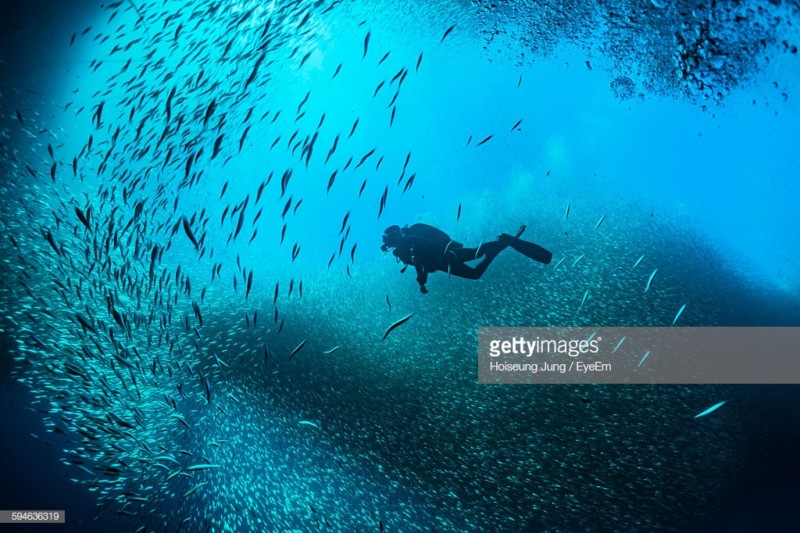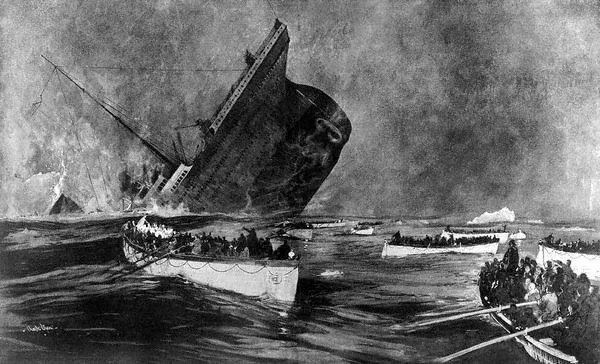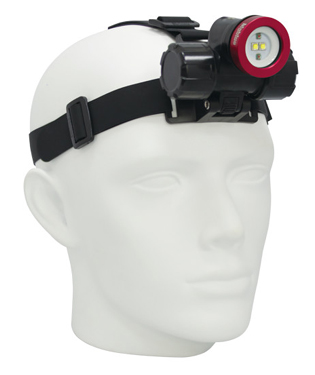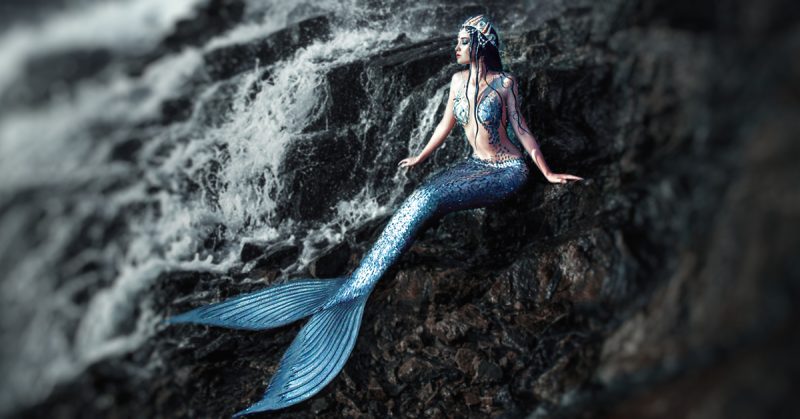Recreational scuba diving is the act of descending below water surface with an open circuit breathing device (scuba). This form of diving is done with the sole purpose of pleasure and a way to interact with the environment below water’s surface.
The scuba equipment is a necessary apparatus for recreational diving because it provides an easy way to breathe underwater and a form of protection against some hazardous conditions that can be experienced within these environments.
In scuba diving, a bit of training is required for the diver in order to manage risky situations and increase the diver’s ability to dive safely and diversely to reach the different environment within the diving location.
Asides from diving helping to heighten your sense of the ocean and other fragile underwater habitats, it also helps us see the importance of preserving these environments in other to harness the different benefits associated with recreational scuba diving.
Benefits Of Recreational Scuba Diving
- Physical Fitness: Swimming helps maintain a healthy weight, healthy heart and healthy lungs. With the extra pleasure that scuba diving brings, you can easily build on your endurance level, muscle strength and cardiovascular fitness with little to no strain on our joints.
- Social Tool: Diving is a beneficial social activity that ensures you get to meet other great divers. You can scout a given location to join their local diving club or sign up for a scuba diving class to increase your social contact with a lot of people doing the same things you love.
- Stress Reliever: You are able to relieve yourself of stress during scuba diving because your mind is in a relaxed state underwater. You get to focus on the underwater environment and just like yoga, you practice deep and controlled breathing techniques and this helps to reduce stress and balance your nervous system.
- Reduces Blood Pressure: Scuba divers get spiked blood pressure levels when they first dive into water as a result of excitement and adrenaline rush to their nervous system. The slow and deep breathing technique necessary for open water dive helps you learn to control the excitement and adrenaline rush which in turn lowers your blood pressure and keep you calm throughout the dive and off-dive moments.
- Flexibility and Strength: The pressure from water is a lot stronger than what we experience when we skydive. This tends to make our muscles work harder underwater against the resistance of the current which in turn strengthens our muscles and help us develop flexibility and endurance.
- Interaction With Other Habitats: When we scuba dive, we get exposed to and explore the marine life surrounding us. This is a recreational activity that exposes us to see a sheer variety of fish, corals, critters and enough colors that the brain can interpret in thousands of ways. Research backs up this interaction with underwater habitats as helpful enough to improve sour moods and induce a calming effect on the body.
- Occupational Health Surveillance: Underwater diving is an important activity within research programs and has potentials of expanding into a wide range of other fields. Divers within this field can use nanny cam with audio functions and motion activated hidden camera as their surveillance equipment to record their findings during research activities.
- Healing Properties: Exposing our body to water during a scuba dive has a benefit associated to the healing factor of water. Seawater improves the outer appearance and elasticity of our skin and the effect of sunlight also give a boost to our vitamin D levels.
Scuba diving as a recreational sport has numerous benefits attached to it and this has ensured that we easily experience more diving structures and reliable equipment to enhance our diving experience. Many divers have reportedly mentioned the beneficial sides to their diving activities which has improved suggestions of scuba diving being considered as a meditation exercise and mindfulness activities.
Photo By Getty Images:::Hoiseung Jun







Leave A Comment